| Modern readers who love Jane Austen are eager to find ways to acquit her of being a woman of the long 18th century. Clutching My Pearls is my ongoing blog series about my take on Jane Austen’s beliefs and ideas, as based on her novels. Click here for the first in the series. |
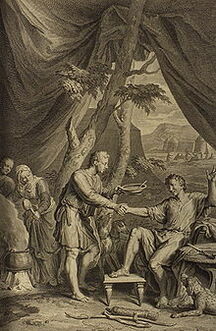 Esau sells his birthright to his younger brother for a "mess of pottage" Genesis 25
Esau sells his birthright to his younger brother for a "mess of pottage" Genesis 25 In Jane Austen: the Secret Radical, Dr. Helena Kelly argues that Sense & Sensibility is a covert attack on primogeniture. Dr. Kelly writes: “[Austen] wasn’t alone in questioning the fundamental fairness of primogeniture. The feminist writer Mary Wollstonecraft did it too, in her 1792 book A Vindication of the Rights of Woman.” The phrasing of this sentence might mislead Kelly’s readers into thinking that the only two people in Georgian England who wrote about primogeniture were Mary Wollstonecraft and Jane Austen. That’s obviously not the case. Many people wrote about primogeniture, and inheritance was an anxious topic of discussion among families, especially daughters and younger sons.
Historian Rory Muir has written that there was more open resentment of primogeniture in Tudor and Stuart times, than in Regency times. He suggests it is because there were more opportunities for second sons in Austen's time. Because of war, exploration and colonization, the younger son could join the army or navy or the East India company. Of course this ended up being fatal to many of them.
Did Austen hold radical views on the topic? Was she even aware of Wollstonecraft?...


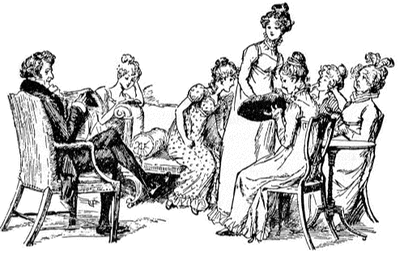
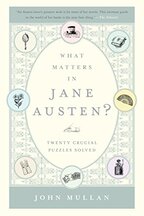
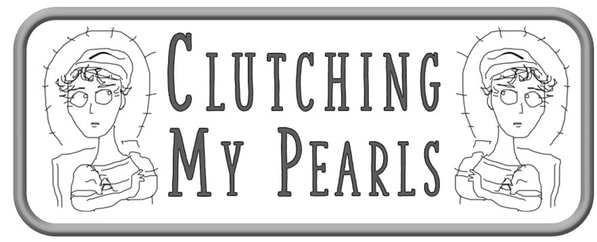
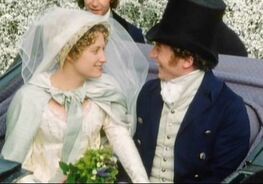
 RSS Feed
RSS Feed